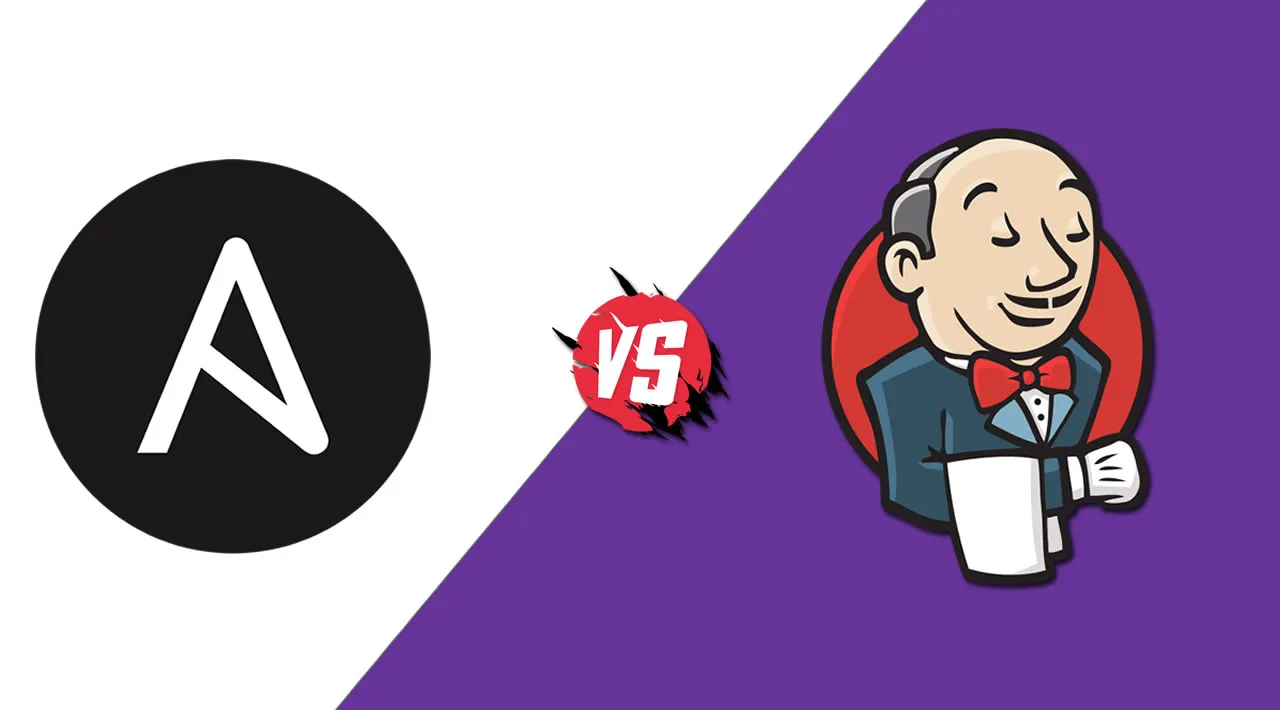If you’re familiar with DevOps tools, you must’ve participated in the Ansible vs. Jenkins debate. It’s a tricky question, but you should know the answer to it as a DevOps professional. Don’t worry, because, in this article, we’ve discussed the difference between Ansible and Jenkins so you can find the answer to this question. Let’s get started.
What is Ansible?
A product of RedHat, Ansible is a management tool for service deployment. It is an open-source solution for software provisioning, application deployment, and configuration management; Ansible has become increasingly popular because it offers its users numerous facilities. You can automate multiple IT processes by using Ansible. Moreover, its design is for multi-tier deployment so it can handle your different systems together.
What is Jenkins?
Jenkins is an open-source tool in Java for automation and Continuous Integration tasks. Jenkins allows users to create and test their projects continuously while integrating changes quickly. One of the biggest highlights of Jenkins is its large number of plugins. Plugins allow Jenkins to integrate with other software solutions and enhance its capabilities in multitudes.
Jenkins can integrate the entire development life-cycle process of an application. This means it can handle creation, testing, packaging, deployment, analysis, and other operations.
